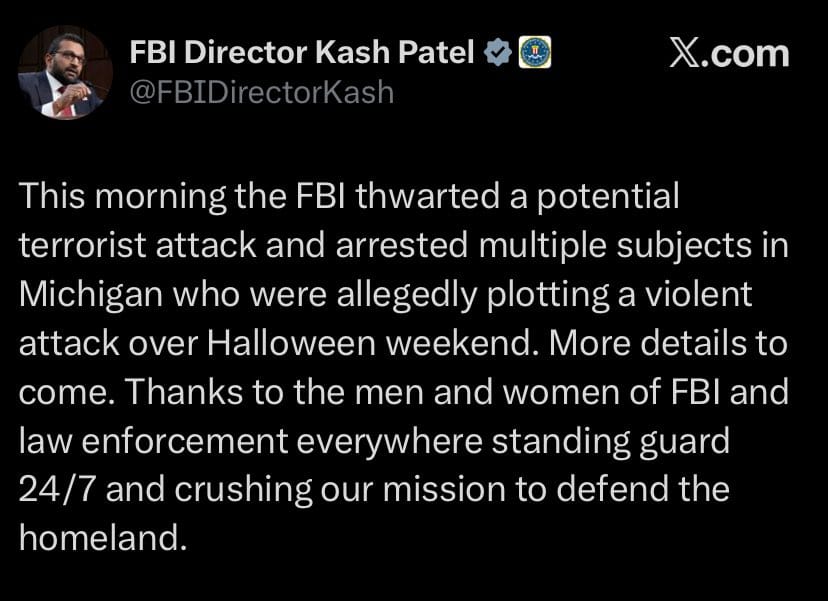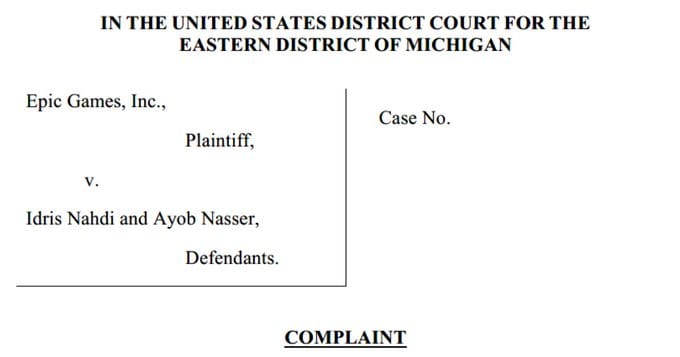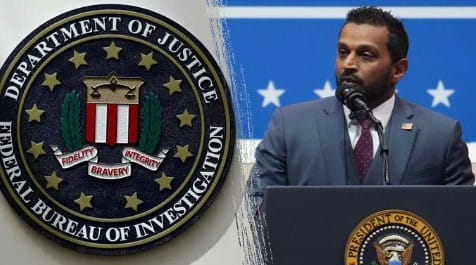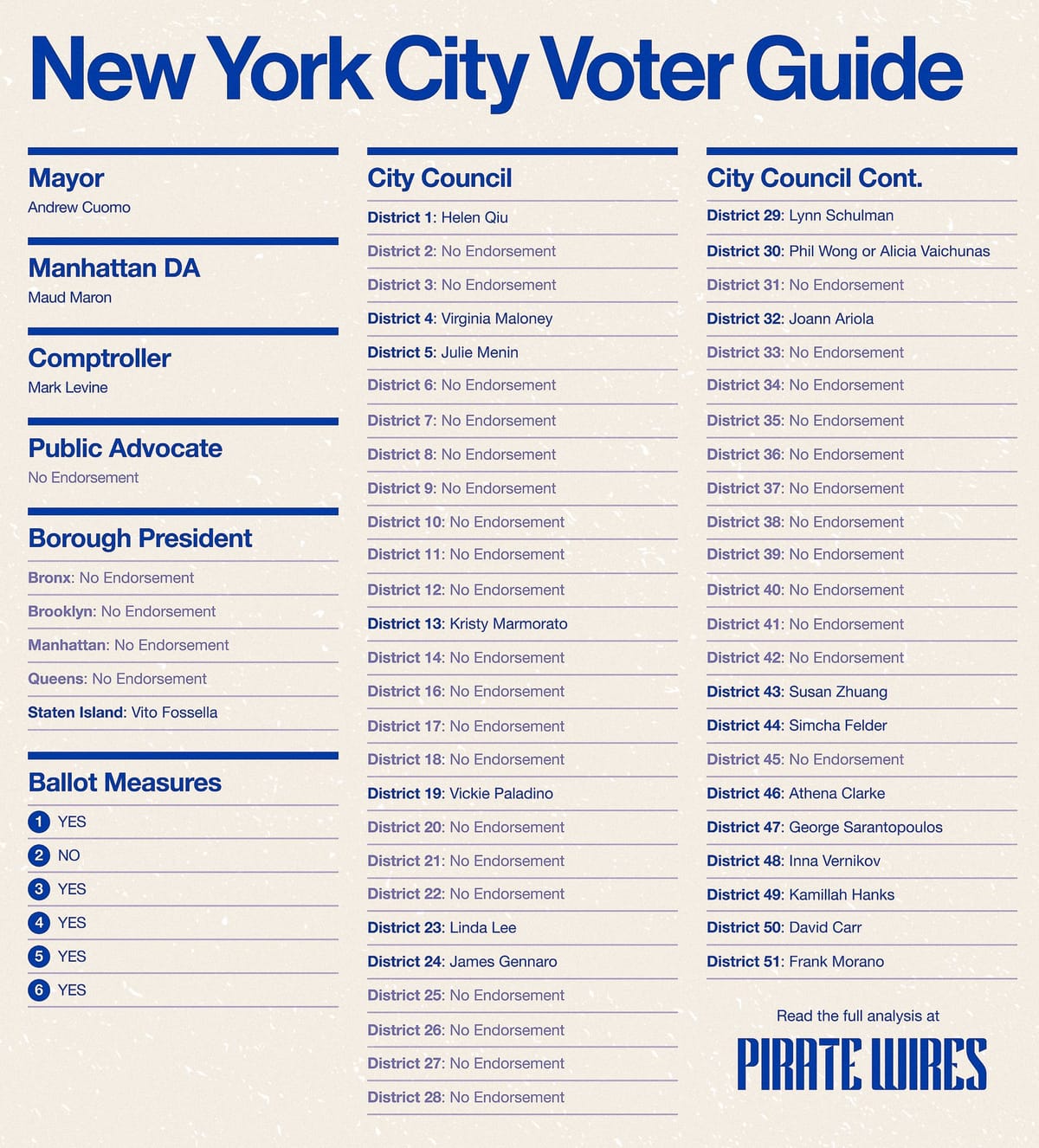The Double Life of Ayob Nasser: How a Fraud Case Intersected With a Terror Plot

A Dearborn resident faces both a federal lawsuit over gaming fraud and alleged involvement in an ISIS-inspired plot—raising questions about how law enforcement tracks individuals across overlapping investigations
On October 7, 2025, Epic Games filed a federal lawsuit in Michigan against two residents of Dearborn for what the company described as a sophisticated scheme to defraud its Island Creator Program. The defendants, Idris Nahdi and Ayob Nasser, allegedly created more than 20,000 fake bot accounts to artificially inflate engagement on their custom Fortnite maps, generating tens of thousands of dollars in unwarranted payouts.
Three weeks later, on October 31, FBI agents conducted operations at multiple locations in Dearborn and Inkster, Michigan, in connection with what FBI Director Kash Patel described as a foiled "potential terrorist attack" allegedly planned for Halloween weekend. The plot, according to federal officials, was inspired by ISIS and involved individuals between the ages of 16 and 20 who had engaged in firearms training and discussed an attack they cryptically referred to as "pumpkin day."

The connection between these two federal investigations—one civil, one criminal—has only recently become apparent. According to public records reviewed by researchers tracking the case, Ayob Nasser, the 20-year-old defendant in Epic Games' fraud lawsuit, resides at the same Dearborn address where FBI agents conducted a search operation on October 31. The discovery raises significant questions about whether federal investigators were aware of Nasser's involvement in both cases simultaneously, and whether the gaming fraud investigation provided intelligence relevant to the terror plot inquiry.
An attorney named Hussein S. Bazzi, who represents Nasser in the Epic Games lawsuit and is employed by the Hall Makled law firm in Dearborn, was reportedly present at the home during the FBI operation, according to statements made to local media.

The Gaming Fraud Scheme
The Epic Games lawsuit provides a detailed account of how Nasser and Nahdi allegedly exploited the Fortnite Island Creator Program, which compensates developers based on the engagement their custom maps generate.
According to court documents filed on October 7, between December 2024 and February 2025, Nasser and Nahdi created and deployed more than 20,000 fake bot accounts designed to simulate real player engagement on their islands. The bot accounts were programmed to automatically play Fortnite using a cloud-based gaming service, effectively creating the appearance of thousands of genuine players visiting and engaging with the defendants' maps.
Epic Games detected suspicious patterns after paying out for December 2024 engagement. The company found that nine out of ten of the islands created by Nasser and Nahdi had artificial engagement rates between 80 and 99 percent. In some cases, Epic determined that over 99 percent of the engagement on a single island came from bot accounts rather than real players.
The scheme was designed to be difficult to detect. Rather than concentrating all fake engagement on a single island, Nasser and Nahdi spread their fake activity across ten separate islands using multiple accounts, creating the appearance of discrete developer operations rather than a coordinated fraud.
The payoff was substantial. Before Epic Games suspended payments in January 2025, Nasser and Nahdi had received tens of thousands of dollars in accumulated payouts for what the company alleged was entirely fraudulent engagement. According to Epic Games' legal filing, the money the two men received "would otherwise have been paid out to other developers who earned genuine engagement from real Fortnite players."
When Epic Games discovered the scheme, the company not only terminated their participation in the Island Creator Program but also ordered both men to delete all copies of Fortnite and cease accessing any Epic Games platform. According to the lawsuit, Nasser and Nahdi ignored the termination order. They allegedly created new Epic Games accounts after receiving their final payment and attempted to continue participating in the program.
Epic Games is seeking financial restitution, including recovery of all payments made for fraudulent engagement, plus damages. The company is also requesting that the court issue a permanent injunction barring Nasser and Nahdi from creating any Epic Games account or accessing any Epic Games platform, server, or content in the future.

The Terrorism Investigation
On October 31, FBI agents conducted coordinated operations in Dearborn and Inkster, Michigan, as part of an investigation into what officials described as an ISIS-inspired terror plot allegedly targeting Halloween celebrations.
According to federal law enforcement officials briefed on the case, the investigation centered on a group of young individuals who had engaged in online discussions about conducting an attack in the United States inspired by ISIS ideology. The group discussed various potential targets and timing, but their discussions remained vague and speculative until this week, when several members of the group attended a shooting range where they fired AK-47s and practiced tactical high-speed reloads.
During those discussions at the range, federal agents monitoring the group detected what they believed was a reference to "pumpkin day"—a possible reference to Halloween. The reference, combined with the firearms training and online discussions of attack planning, prompted the FBI to move quickly. Federal agents apprehended five individuals between the ages of 16 and 20. Two were arrested, and three were taken in for questioning.
FBI Director Patel announced the operation in a social media post Friday morning: "This morning the FBI thwarted a potential terrorist attack and arrested multiple subjects in Michigan who were allegedly plotting a violent attack over Halloween weekend."
What remains unclear is the precise nature of the alleged plot. While federal officials confirmed that the investigation centered on an ISIS-inspired attack and that the group had engaged in firearms training, they have not disclosed the alleged target or the specifics of what investigators believe the group was planning.
One neighbor told CNN that he witnessed what he described as people being removed from a nearby residence in handcuffs, preceded by "smoke bombs" used by federal agents. He said he was "close" to the family living in the home and was stunned by the operation. "I can't believe that something like that would even go down on my block," he said.
The names of those arrested or questioned have not yet been made public. Court documents in the case remain sealed.


The Connection
What connects the two investigations is residential address and legal representation.
According to public records and information compiled by researchers, Ayob Nasser, the 20-year-old defendant in Epic Games' fraud case, is associated with the Dearborn address where the FBI conducted operations on October 31. The Epic Games lawsuit identifies Nasser as a resident of that same address in Dearborn.
Moreover, Hussein S. Bazzi, the attorney representing Nasser in the Epic Games litigation, was reportedly present at the home during the FBI operation. Bazzi is an attorney at Hall Makled, a law firm in Dearborn specializing in criminal law, civil litigation, and civil rights.
According to Bazzi's professional biography, he earned his law degree from the University of Detroit Mercy School of Law and is a "proud Lebanese American and a Dearborn native" dedicated to helping individuals and businesses navigate the legal system.
The question remains whether investigators were aware of Nasser's involvement in both matters simultaneously, or whether the discovery of his connection to the terror investigation occurred independently of the ongoing fraud litigation. Federal law enforcement officials have not commented on whether the gaming fraud case and the terror investigation are connected or whether they provided information to each other.
What This Reveals About Investigative Integration
The apparent overlap between the two investigations—one focused on fraud and the other on terrorism—raises significant questions about how federal agencies coordinate information across different investigative divisions.
In theory, law enforcement agencies maintain databases and intelligence-sharing protocols designed to flag individuals appearing in multiple investigations. An individual named in a civil fraud lawsuit while simultaneously appearing in connection with a terrorism investigation should theoretically trigger alerts requiring coordination between investigative teams.
In practice, such coordination often occurs more slowly than the pace of events. A civil lawsuit filed on October 7 may not have been cross-referenced with a terrorism investigation that culminated in arrests on October 31—particularly if different field offices or task forces were managing the investigations.
What makes this case noteworthy is not that such overlap occurs, but that it became publicly visible at all. In most instances, law enforcement maintains sealed court documents and public silence on terrorism investigations. The fact that Nasser's connection to both cases became apparent is largely a consequence of the public nature of Epic Games' civil lawsuit and the public identification of the address where the FBI conducted operations.

The Broader Questions
The Nasser case raises questions about information asymmetry in complex investigations. If Nasser was aware of the FBI investigation while simultaneously defending himself in the gaming fraud case, he would have had incentive to explore legal strategies that might keep information about his digital activity private or restricted from broader federal scrutiny.
Conversely, if investigators became aware of Nasser's involvement in both matters simultaneously, the discovery might have provided investigators with relevant context. A 20-year-old sophisticated enough to create and deploy 20,000 bot accounts demonstrates digital and technical capabilities that could potentially be relevant to other investigations.
It also raises questions about how federal agencies identify and monitor individuals across different criminal statutes. Terrorism investigations operate under different legal frameworks than fraud investigations. The standards for initiating surveillance, the authority for intercepting communications, and the requirements for obtaining warrants differ significantly. When an individual appears relevant to both, investigators must navigate these different legal frameworks simultaneously.
Federal officials have declined to comment on whether Nasser is suspected of involvement in the alleged terror plot or whether he is facing any charges related to the Halloween investigation. His involvement in the Epic Games litigation is a matter of public record. His status in the terrorism investigation remains unknown.
The case demonstrates how federal investigative work often unfolds in ways that public observers never see—investigations intersecting, individuals appearing in multiple contexts, and information flowing across agencies in ways that only become visible when cases become public or when journalists piece together publicly available records.
What remains to be seen is whether investigators will attempt to connect the apparent targeting of young individuals in the Dearborn terror investigation to any broader pattern of radicalization or recruitment. And whether the digital capabilities demonstrated by Nasser in the gaming fraud scheme might provide investigators with insights into potential vulnerabilities in how gaming platforms monitor for fraud—vulnerabilities that could potentially be exploited for other purposes.
The FBI announced on October 31 that there was "no current threat to public safety" and that the alleged Halloween terror plot had been thwarted. Patel credited "swift action and close coordination with our local partners."
What remains less clear is whether all relevant federal information about all parties to the investigation was coordinated before the final operation was executed—or whether some of that information would only become apparent in hindsight, as subsequent legal filings and investigations shed light on the broader picture.






